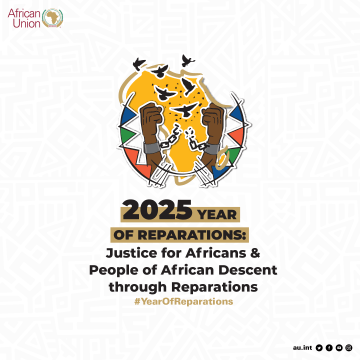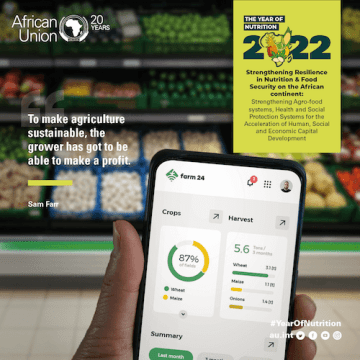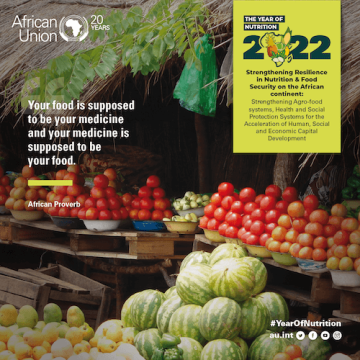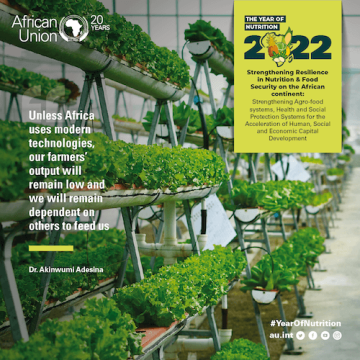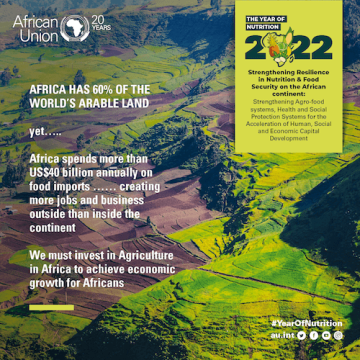Midrand – 6 August 2025 - The African Peer Review Mechanism (APRM) Continental Secretariat convened the 10th Ordinary Session of its National Secretariats Coordinating Committee (NSCC) on 4 August 2025, held virtually from Midrand, South Africa. The meeting reaffirmed a shared commitment to deepening governance reforms and accelerating the implementation of the APRM’s mandate.
The session brought together executive secretaries and heads of APRM national secretariats from across Africa, serving as a platform to assess progress, exchange best practices and advance the implementation of the Third APRM Strategic Plan (2025–2028). The meeting opened with welcoming remarks from the APRM Continental Secretariat’s Chief Executive Officer, H.E. Ambassador Marie-Antoinette Rose-Quatre, who reminded participants that the gathering was more than a routine engagement; it marked a decisive shift towards impactful delivery, stronger institutions and enhanced national ownership of the APRM process
Speaking on behalf of H.E. Ambassador Selma Bakhta Mansouri, Secretary of State to the Minister of Foreign Affairs of the People’s Democratic Republic of Algeria, in charge of African Affairs and Chairperson of the APR Committee of Focal Points, Mr. Ammar Hadjar stressed that the APRM’s success relies on the strength of its national structures (National Focal Points, National Governing Councils, and National Secretariats) which connect continental aspirations with national realities. These bodies, he noted, ensure broad participation, advance meaningful dialogue and maintain the professionalism, credibility and independence of the process.
Mr. Mohamed Sheriff, Chairperson of the NSCC from Sierra Leone, concluded the opening remarks by urging participants to uphold the APRM’s founding principles of voluntary engagement and mutual learning.
Experience sharing featured prominently in the session, with Egypt and Namibia presenting reforms aimed at strengthening and professionalising their national APRM structures.

Egypt outlined the role and composition of its national commission, placing emphasis on public engagement and rigorous technical assessments. Namibia presented its efforts to domesticate the APRM through government gazetting and to integrate youth-focused recommendations into national development plans.
As the session developed, discussions focused on reviewing the status of 2025 APRM activities, including upcoming Second-Generation Reviews in Liberia and Sierra Leone, and targeted review missions in Zimbabwe, Egypt and São Tomé and Príncipe.
The meeting also received updates on the APRM Governance Index, which monitors governance indicators aligned with the AU’s Agenda 2063 and national plans of action. The operationalisation of the African Credit Rating Agency (AfCRA) also featured prominently, with AU Member States being encouraged to provide necessary data to strengthen Africa-driven, context-specific credit ratings.
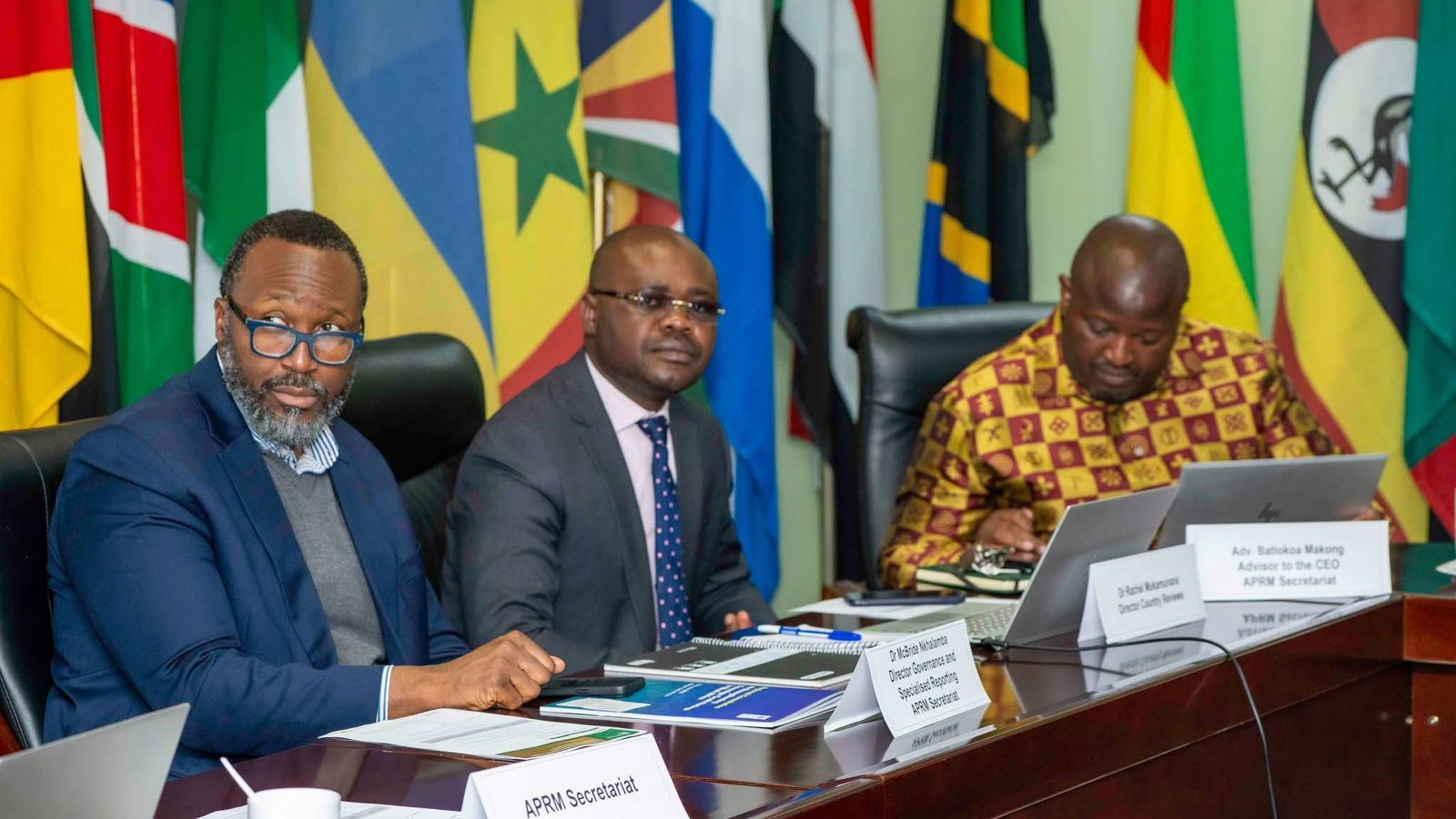
The APRM Secretariat reported the successful mobilisation of contributions from APRM Participating States. Algeria and Togo provided voluntary contributions of USD 1 million and USD 100,000, respectively, while Liberia and Senegal also contributed USD 100,000 each towards their arrears.
Closing the session, both Ambassador Rose-Quatre and Mr. Sheriff reaffirmed the APRM’s value as a uniquely African mechanism for reform, accountability, and inclusive development. Quoting Nelson Mandela, the CEO reminded participants that “vision with action can change the world”, urging national structures to drive change with urgency and unity.
As the APRM advances its strategic goals, the 10th Ordinary Session underscored one message: the tools for reform are in place, the task now is for each participating State to act decisively, ensuring governance that is accountable, inclusive, and firmly rooted in African ownership.
For media inquiries or further information, please contact: APRM Continental Secretariat at info@aprm-au.org.
@APRMorg – X




